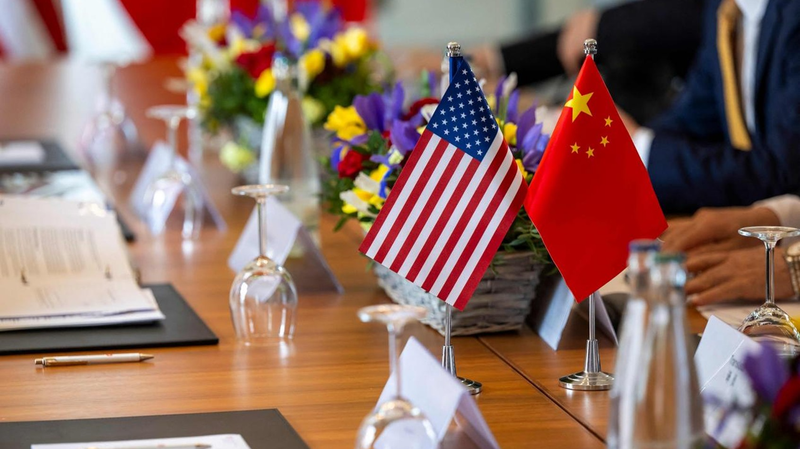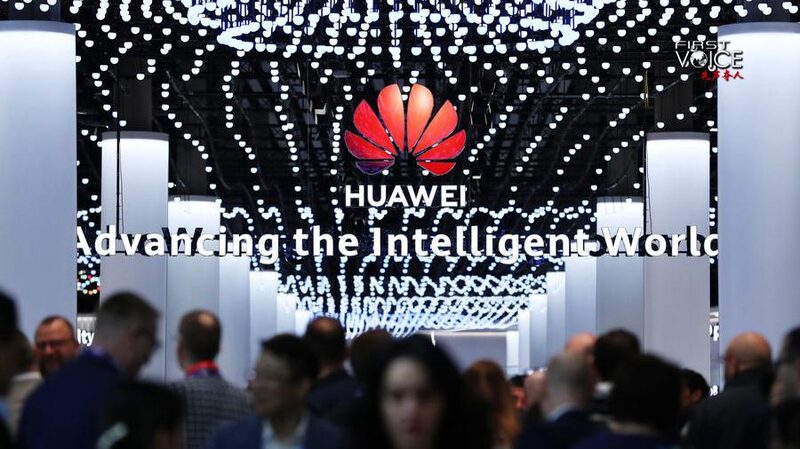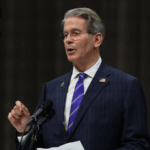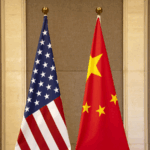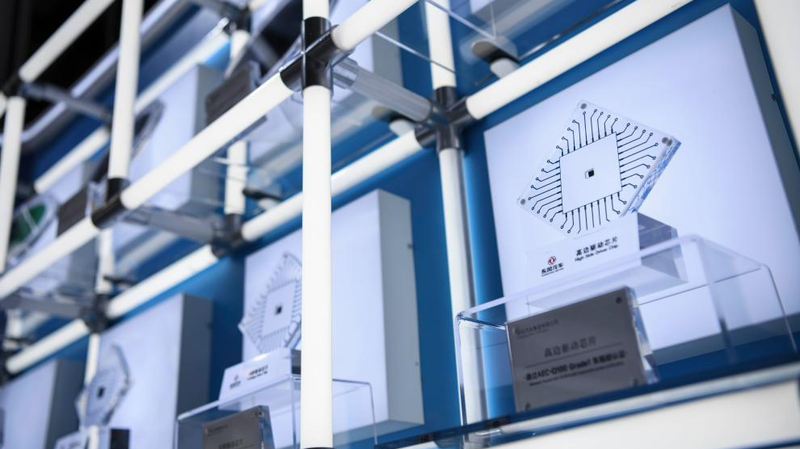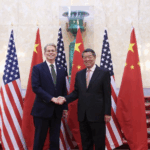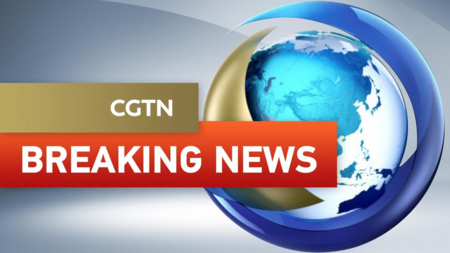The U.S. decision to pause tariffs on Chinese goods for 90 days has been framed as a diplomatic olive branch, but analysts suggest it masks a calculated pressure campaign. Treasury Secretary Scott Bessent's recent remarks about adjusting tariffs to "reciprocal" levels if negotiations stall reveal a strategy of economic coercion rather than compromise.
A Pattern of Escalation
Days after a joint China-U.S. statement hinted at easing tensions, the U.S. Commerce Department imposed new export restrictions on AI chips to China on May 13. The rules notably target Huawei's Ascend chips, asserting jurisdiction over their use anywhere in the world—a move critics call "economic imperialism."
Tech Leaders Sound the Alarm
Nvidia CEO Jensen Huang acknowledged China's rapid AI advancements, stating the country is "right behind" the U.S. in the field. His comments contrast with Washington's confrontational stance, highlighting a disconnect between U.S. policymakers and industry realities.
Global Fatigue With Ultimatums
Former Secretary of State Antony Blinken's warning that "America First" risks becoming "America Alone" appears increasingly prescient. Recent high-profile U.S. diplomatic efforts, including Donald Trump's Saudi Arabia visit, yielded more spectacle than substance—a trend straining international patience.
China's Strategic Leverage
Beijing maintains a restrained posture, emphasizing interdependence: China supplies 40% of U.S. imports, including 90% of microwaves and 80% of toys. Meanwhile, it purchases billions in U.S. agricultural and industrial goods annually. Experts argue this mutual reliance should foster collaboration, not confrontation.
As the tariff clock ticks, the world watches whether economic pragmatism can prevail over zero-sum posturing.
Reference(s):
cgtn.com
